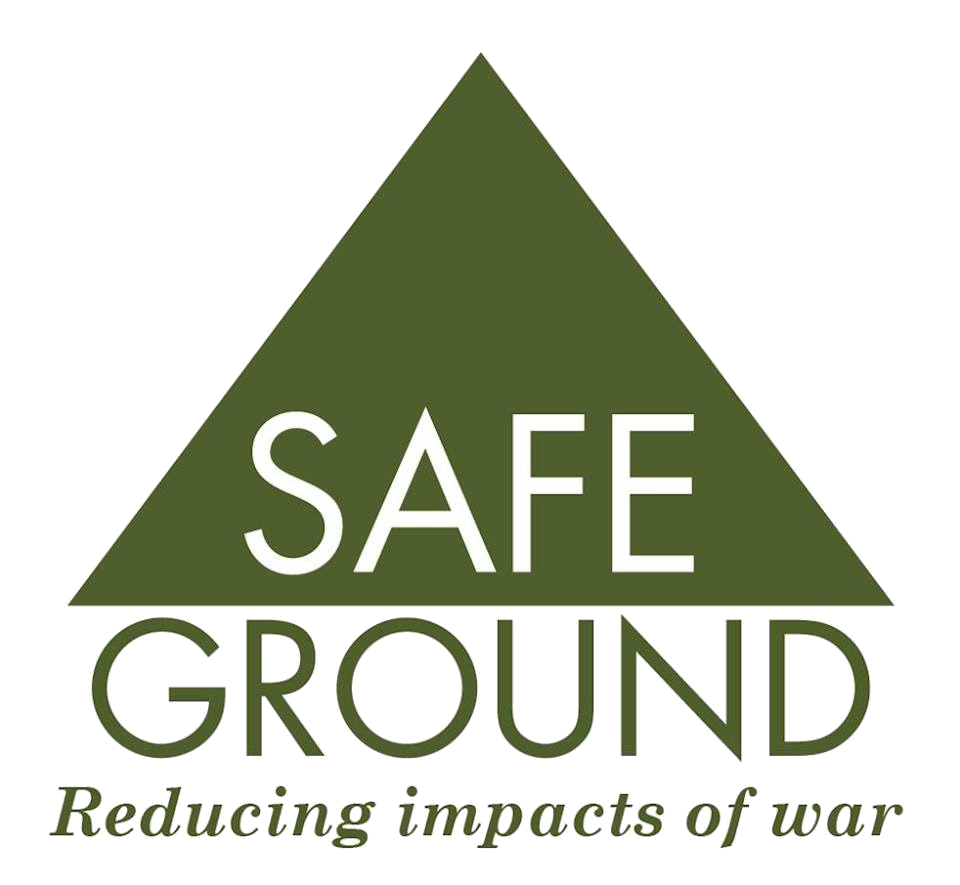By Kasun Ubayasiri and Rwango Kadafi
APRIL, 2020: At the onset of Africa’s COVID outbreak, residents of the Kakuma refugee camp, one of the largest in the world, live in fear of infection as they struggle to access the most basic protections like soap and clean water. Their situation is exacerbated by the cramped living conditions which make social distancing all but impossible.
The Kakuma camp and Kalobeyei Integrated Settlement were first established in Kenya’s remote northwest Turkana county in 1992, primarily as a place to house the ‘Lost Boys’ of Sudan – thousands of Nuer and Dinka boys, mostly orphans, who trekked thousands of kilometres across Sudan and Ethiopia fleeing war and famine. It is now home to 196,050 registered refugees and asylum seekers from neighbouring countries including Congo, South Sudan, Ethiopia, Somalia, Rwanda, Burundi and Uganda.
While the Western world grapples with lockdowns and squabbles over mask wearing; the Kakuma families who have already overcome war, famine and brutality, fear the pandemic is their biggest foe yet.
The following images are a collaboration between Brisbane based photo-journalist Kasun Ubayasiri and Kakuma based journalist Rwango Kadafi. They are an experimental trans-national collection of images crafted using limited resources at a time when overseas travel has virtually ceased.
Among other elements, the images pair textured over and underlays of our own concepts of home and health, with projected stills from videos filmed on a mobile phone to show family units in Kakuma frozen and captured with a feel reminiscent of old home movies or historical footage.
***
Marie Mahoromeza Africa(48) and her husband Rwabuzisoni Samuel (53) have lived in Kenya’s Kakuma refugee settlement for more than 12 years. They left their village in the Kamonyi district in Rwanda’s war torn Southern-province, due to persecution and threats to their lives.
Marie, her two sons Barikiwa Hyanic Bavon(18) and Mystere Irera Niyitegeka(9) and three daughters Ariel Perceverance Metra (12) Yesarahari Ebeneza Gloria (11) and Irakiranuka Jackine Promesse (6) say they are worried about the potential spread of COVID-19 in their overcrowded camp community.
“The poor sanitation makes us very vulnerable to coronavirus and other opportunistic disease. We have no water, no soap, and no health facilities,” she says. After 12 years in a refugee camp, Marie says what they need is “freedom from encampment.”
***
War widow ‘Mama Joy’ Nshimiyimana Beatrice (40) has lived in Kenya’s Kakuma refugee settlement with her daughter Joyce Furaha (12) and son Munguyiko Tegera (9) since fleeing her war-torn home in Northern Kivu in the Democratic Republic of Congo. She and the children fled their home after her husband was killed by rebel forces.
She now fears her family might starve in the coming months. “We are worried because we have no food security,” Mama Joy says explain.ing she and her two children are struggling to find food during the lockdown. “There’s no movement of people (and) we are starving because of coronavirus…” Mama Joy says,
“if someone can help me to sustain my family, I will definitely thank God.”
***
Musavimana Beatrice(40) fled her home in Giteranyi commune in Burundi’s north-eastern province of Muyinga, afraid for her life.
“I fled because of racism – they wanted to kill me,” she says. “I don’t have any family members left in my country, all were killed. The only family I have now is my children, and now I don’t have anything to support my life and family.”
She has lived in the Kakum refugee camp in Kenya since 2014 with her seven daughters Uwayisenga Joselyne (19) Nishimwe Emelyne(17) Umutoni Acilla(15) Adrina Veronica Mahoro (13) Masengesho Demantine (12) and Ndayizigiye Shang Celine(10); and her two sons Kwizera Amos (7) and Jacob Geofrery Munguiko (6).
For Beatrice, the spread of the pandemic in Kenya is a terrifying thought because she knows it could wipe her family out completely.
“Life is very difficult if Coronavirus comes in our family” she says. “We don’t have (the) capacity to fight it, because we are not equipped with preventive materials… we don’t have soap or enough water in our community.”
***
Biamungu Kalamba Kashigabo (55) and his wife Jolie Bafunyembaka Furaini (21) have lived in the Kakum refugee camp since 2001, after Kalamba fled his home in the Southern-Kivu province in the Democratic Republic of Congo. They live with their four-year old daughter Baraka Gloria and mother-in-law Faida M’Rwagaza, 47).
“We have no water in this community and people shit everywhere. In a community with poor excreta disposal, sanitation is poor,” Kashigabo says. “We are worried covid-19 will finish us.”
“Kakuma” is a collaboration between Brisbane based photojournalist Kasun Ubayasiri and Kakuma based journalist Rwango Kadafi, investigating in real-time the conditions of the Kakuma refugee camp amidst the COVID-19 pandemic.
Dr Kasun Ubayasiri is a senior lecturer and Program Director of Journalism at Griffith University, Queensland Australia. His research focuses on the role of journalism in Human rights including environmental rights, news media in armed conflict, and media censorship and its impact on democratic accountability. https://www.instagram.com/kasunubayasiri/

Recent Comments